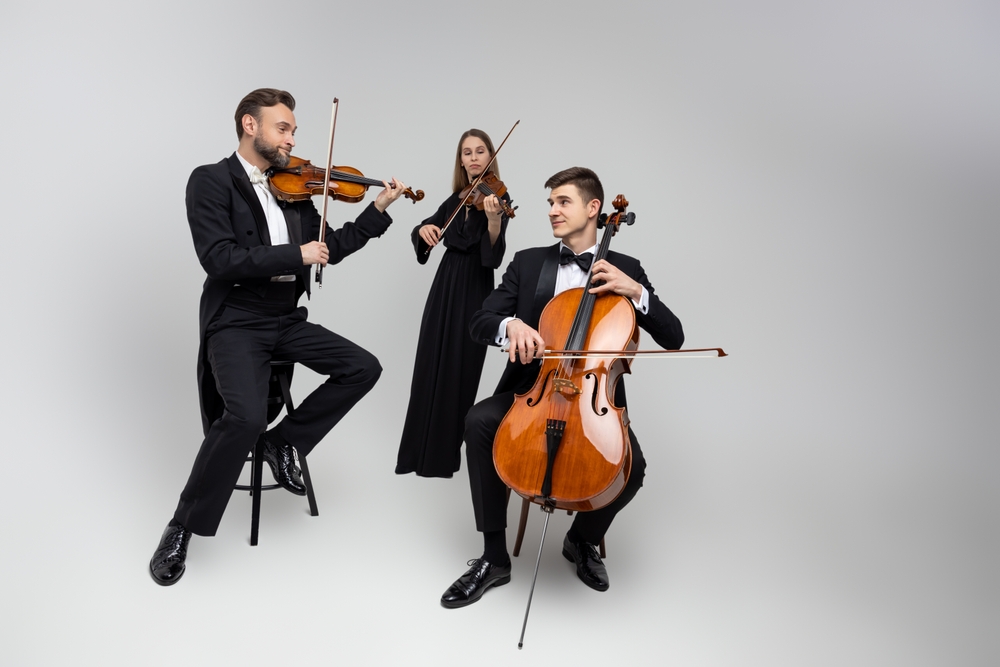In the ever-evolving landscape of the music industry, marketing has become a crucial element for success. With 2024 bringing new trends, technologies, and opportunities, musicians and industry professionals need a comprehensive strategy to stay ahead. This guide delves into the essential aspects of music marketing, offering valuable insights and practical tips to elevate your career in the digital age.
Introduction to Music Marketing
Overview of Digital Marketing for Musicians
In today’s digital era, the internet serves as the gateway to global audiences. Musicians can harness a variety of digital marketing channels, from social media platforms and search engines to email campaigns and online advertising, to amplify their music and personal brand. The heart of effective digital marketing lies in crafting a compelling narrative that conveys not just the music, but the story behind it. Engaging content, interactive campaigns, and direct communication are tools that bridge the gap between creativity and consumption.
The Power of Online Presence
A strong online presence is essential for musicians. A professional and visually appealing website acts as the anchor for all marketing efforts, showcasing the essence of the musician. Social media platforms, each with their unique audience, amplify the musician’s voice. Consistency in updating content, engaging with fans, and participating in online communities contributes to a vibrant and enduring digital persona. This presence not only attracts collaboration opportunities but also catches the eye of industry professionals.
Understanding Your Audience
Identifying and Connecting with Your Target Fanbase
Success in music marketing lies in finding and connecting with an audience that resonates deeply with your music. This requires a blend of intuition, research, and strategic engagement. Market research helps identify patterns and untapped communities, while engaging in genuine conversations and seeking feedback fosters a strong relationship with your audience.
Utilising Data and Analytics
Data and analytics guide musicians towards precision and resonance. By embracing analytics tools, musicians can uncover insights into audience demographics, geographic locations, and engagement patterns. This data acts as a feedback loop, allowing for real-time strategy refinement. Collaborating with professionals who can translate data into actionable insights further elevates the understanding of your audience.
SEO Essentials for Musicians
Optimising Your Website for Search Engines
Your website needs to be technically sound and navigable to offer a seamless user experience. Optimising loading times, ensuring mobile responsiveness, and creating an intuitive structure are foundational. Keywords should be strategically placed in page titles, meta descriptions, and header tags. Multimedia content such as music videos and high-quality images should be embedded with descriptive file names and alt tags.
Keyword Research for Musicians
Keywords define the rhythm and tone of your digital presence. Understanding the words and phrases your audience uses to search for music helps in developing an effective keyword strategy. Tools like Google Keyword Planner and Moz Keyword Explorer can aid in this process. Long-tail keywords capture the nuances of your music and attract a more targeted audience with less competition in search rankings.
Social Media Strategies
Choosing the Right Platforms
Different social media platforms cater to different audiences. Instagram’s visual appeal, Twitter’s conversational tone, and Facebook’s community-building potential each offer unique opportunities. Musicians should strategically leverage these platforms to connect authentically with their audience.
Content Creation and Engagement
Creating engaging content is key to maintaining a strong social media presence. Regular updates, interactive posts, and behind-the-scenes glimpses into the creative process foster a deeper connection with fans. Encouraging audience participation and feedback turns fans into advocates who share your music with their networks.
Email Marketing and PPC Advertising
Crafting Effective Email Campaigns
Email marketing remains a powerful tool for direct communication. Crafting compelling and personalised email campaigns can keep your audience engaged and informed about new releases, upcoming events, and exclusive offers.
Leveraging PPC Advertising
Pay-per-click (PPC) advertising, particularly through platforms like Google Ads, can significantly boost your visibility. Compelling ad copy, captivating visuals, and precise audience targeting ensure that your ads resonate with those most likely to appreciate your music. Diversifying ad formats and understanding analytics further enhance the effectiveness of your PPC campaigns.
Legal Aspects and Industry Trends
Navigating Contracts and Agreements
Clear and comprehensive contracts are essential for collaborations with producers, managers, and labels. Understanding the components of recording, publishing, performance, and licensing contracts is crucial. In the digital age, digital distribution agreements and virtual concert agreements have become particularly important.
Staying Ahead of Industry Trends
Staying updated with the latest trends in the music industry, such as the impact of streaming platforms and the rise of virtual concerts, is essential. Understanding how these trends affect your marketing strategy and adapting accordingly will keep you ahead of the curve.
Conclusion
The digital age offers unparalleled opportunities for musicians to reach global audiences. By leveraging digital marketing strategies, understanding your audience, optimising your online presence, and staying ahead of industry trends, you can create a resonant and enduring musical career.
For a deeper dive into the strategies and insights that will elevate your music marketing in 2024, download our comprehensive guide to marketing for the music industry. Click [here] to get your copy today!









